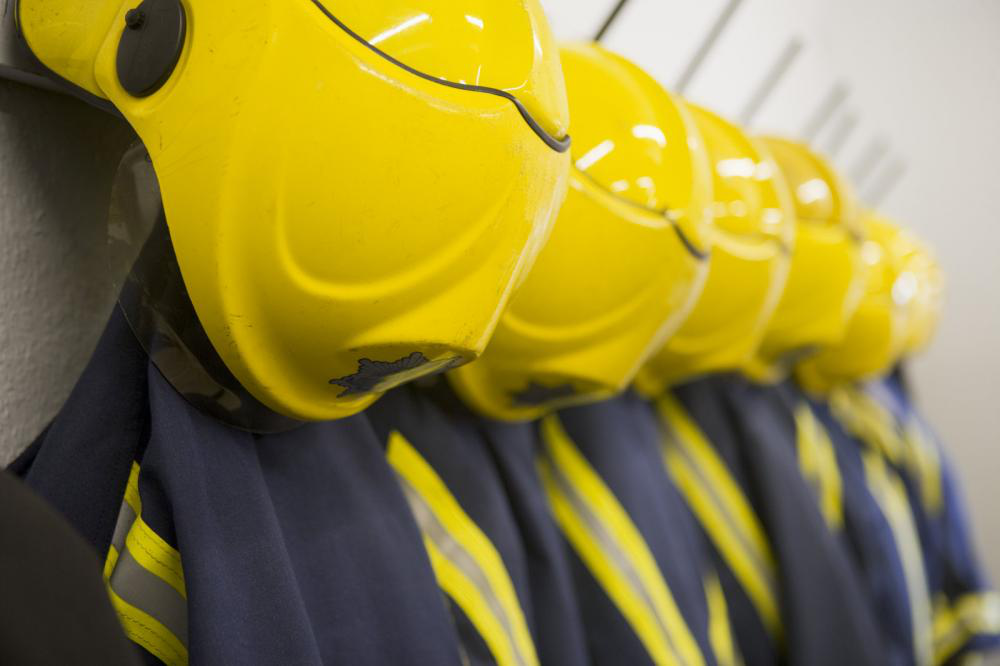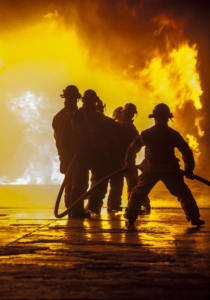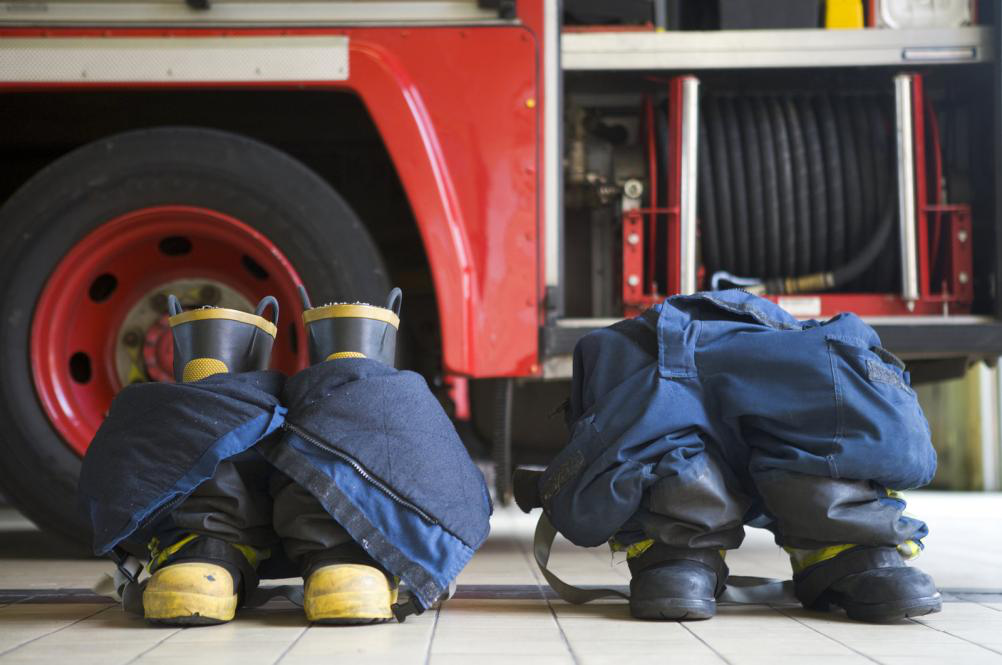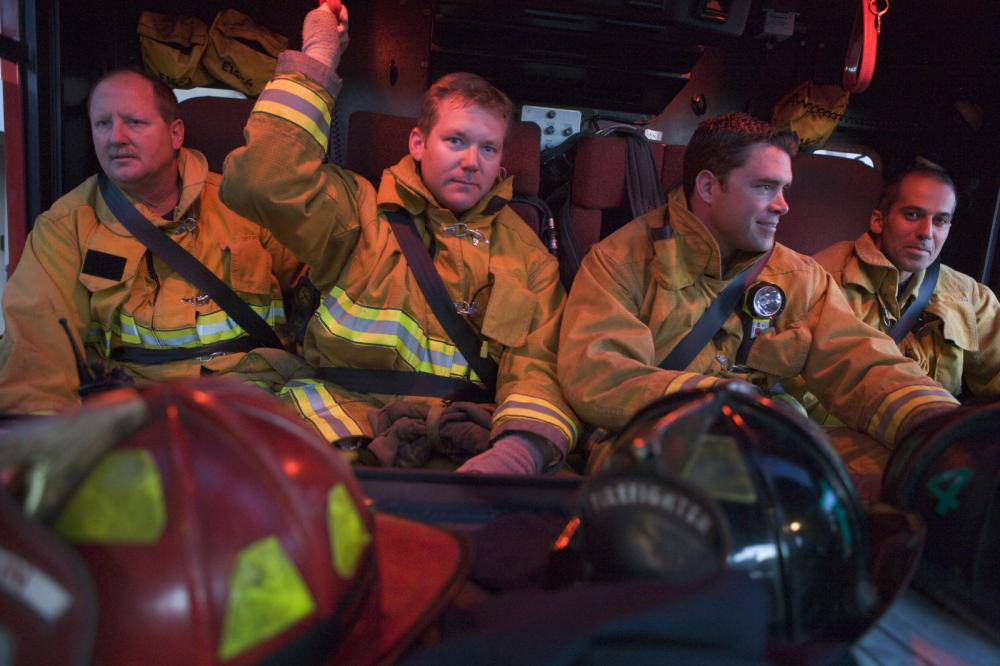
- admin
- May 16, 2020
- 12:16 pm
- No Comments
6 Common Rookie Mistakes Firefighters Make
Firefighting isn’t exactly a typical job. Firefighting is an extremely specialized field of civil service tha t requires extensive physical and mental training and conditioning. While the consequences of making a mistake in most other professions are largely limited to losing a customer, being reprimanded by a supervisor, or getting fired, the consequences of making a mistake as a firefighter are far grimmer.
t requires extensive physical and mental training and conditioning. While the consequences of making a mistake in most other professions are largely limited to losing a customer, being reprimanded by a supervisor, or getting fired, the consequences of making a mistake as a firefighter are far grimmer.
Firefighting is a high-risk occupation that routinely puts firefighters at risk of injury or death due to burns, smoke inhalation, and collapsing structures. It ranks among the most dangerous jobs in the country and was responsible for 8.9 fatal injuries per 100,000 workers and a total of 34 fatal injuries in 2017.
If you’re considering a career in firefighting, it’s highly useful to be aware of some of the common mistakes that rookies make on the job so that you can learn not to repeat them.We’ve compiled this list to help you do that.
Rookie Fire Engineer Mistakes
Fire engineers are considered by many officers to be the most responsible job on the crew. Engineers are responsible for providing the crew safe passage and guaranteeing proper operation for all necessary equipment. Here are some of the common mistakes rookie fire engineers make.
Neglecting to Make a Detailed Apparatus Vehicle Diagram
When training, candidates should make sure they catalogue each and every compartment (brass, equipment, tools, and couplings), and each list with pictures, drawings, and labels. Make sure you know exactly what’s in your cabinets. You should be primed on where everything is located.
Always remember that it is better to be surprised during training sessions than it is when it counts.
Ignoring Water Under the Carriage
When busy with equipment deployment, hydraulic calculations, and hose lays, rookies tend to ignore the water flowing from under the carriage. It could be an overflow valve, a discharge drain, the main drain, or broken seals. Failure to properly account for water streaming under the vehicle may cause the pressure to tip when multiple lines are operated. If there is oil residue in the spilled water, it may indicate it isn’t simply an open drain.
Forgetting to Check the Pump-Priming Oil
While there is some debate as to how frequently one should check fluids, several engineers agree that washer fluid and pump-priming oil should be checked daily irrespective of established truck check policy.
 General Firefighting Mistakes
General Firefighting Mistakes
Here are some of the more general mistakes any rookie firefighter can make that can potentially endanger themselves and their crew.
Failure to Point Out a Different Method for Accomplishing a Task
New recruits have the advantage of a longer academy with far more realistic simulators than ever. As a result, many new recruits are incredibly skilled as tacticians because of their hands-on experience in the academy.
However, when they land the job, many recruits tend to blindly follow their superiors’ orders. While respecting senior officers and following their orders is necessary, you shouldn’t hesitate to provide your two-cents on how best to accomplish a task. Chances are, many of your superior officers are rather “old-school”, and you shouldn’t have to relearn the important tactics and skills you learned in the academy.
Treating the Job Like Any Other
As we mentioned at the start of this piece, firefighting is almost diametrically opposed to a typical desk job. Treating it like it isn’t is going to end up costing you. Firefighting involves dealing with emergencies, and one absolutely has to be prepared in order to respond to the situation effectively. You can’t expect to show up five minutes before your shift begins. You may be called up immediately, and being unprepared will lead to all kinds of problems.
By showing up about a half-hour early, you will have enough time to check the equipment, go over the roster and check who’s on duty for the day.
Always remember that while showing up on time may not be ostensibly beneficial most of the time, the one time that you do show up late and unprepared may have dire consequences.
Trusting Your Equipment Blindly
Yes, the fire engineer will make sure your equipment will be working perfectly 99 percent of the time, but the one time that it isn’t may just be a question of life and death. It’s prudent not to assume that everything will be working as it should. People make mistakes, and it’s best you double-check your equipment to ensure nothing is out of order.
 While resting and socializing with your crew is important, it pays to be diligent and go over your things yourself. Make sure to ask questions if something seems unusual or if you’re not certain if something is working properly or not.
While resting and socializing with your crew is important, it pays to be diligent and go over your things yourself. Make sure to ask questions if something seems unusual or if you’re not certain if something is working properly or not.
Prepare for the New York Fire Department Exam with Civil Service Success
If you’re looking to take the New York Fire Department exam, you will need to prove your competency in a range of skills and abilities.
As a leading civil service exam preparation school in New York City, we provide excellent, tried-and-tested NYC firefighter preparation classes. We have over 45 years of experience helping aspiring candidates realize their dream of working in civil service. All our instructors are selected based on their experience, level of success, expertise, and background. This is why our instructors are retired police officers, court officers, firefighters, who excelled in their respective fields. We offer complete exam guidance, exam workshops, make-up classes, and 100% satisfaction. Keeping in mind how civil service exams are continuously updated, we keep our teaching and guidance materials up-to-date at all times.
The FDNY exam is a two-part test that includes a written exam and a physical ability test once the written exam is passed.
In addition to helping you prepare for the NYC firefighter exams, we provide preparation classes for the Suffolk Police test, NYS Court Officer, and NYC Sanitation Worker exams.
Get in touch with us today for more information and start your journey towards committed civil service.

